The Proverbs of Hell 19/39: Futamono
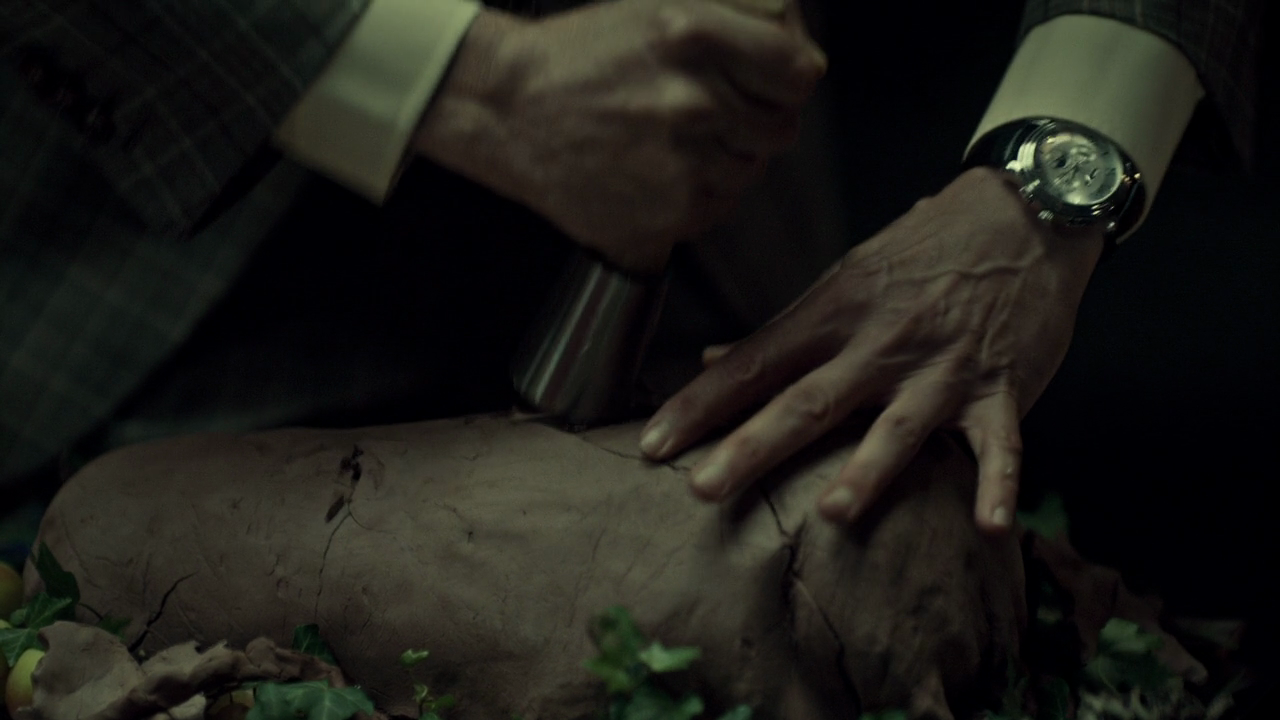 FUTAMONO: A soup dish served in a lidded pot. Most obviously a reference to the final scene, in which Jack discovers Miriam in a covered hole.
FUTAMONO: A soup dish served in a lidded pot. Most obviously a reference to the final scene, in which Jack discovers Miriam in a covered hole.
WILL GRAHAM: You’re moving smoothly and slowly, Jack, carrying your concentration like a brimming cup.
Another case of using one of Thomas Harris’s characteristically vivid similes in an unexpected context – originally it is Francis Dolarhyde who thusly carries his concentration as he sets up to peruse home movies and decide on his next victim.
JACK CRAWFORD: And then you told him to kill Hannibal Lecter.
WILL GRAHAM: Nothing I said made that happen, Jack. It just happened.
JACK CRAWFORD: Don’t seem too broken up about it.
WILL GRAHAM: There is a common emotion we all recognize and have not yet named. The happy anticipation of being able to feel contempt.
Two Thomas Harris lines in rapid succession. This one comes from Hannibal, where the emotion play across the face of Margot Verger as she’s preparing to introduce Clarice to her brother. Its poetry comes from the fact that we do not, in fact, quite recognize the emotion, as the act of recognizing an emotion is in a large part coextensive with the act of naming it. The emotion does, however, cohere – once it is named, even in the nine-word formulation offered by Harris, it immediately becomes possible to recognize it, which in turn perpetuates the experience of it.
WILL GRAHAM: I have contempt for the Ripper. I have contempt for what he does.
JACK CRAWFORD: What does he do, Will?
WILL GRAHAM: What does he do? What is the first and principal thing he does? What need does he serve by killing?
And the hat trick; Will’s question is the same one Hannibal asks of Clarice regarding Buffalo Bill in Silence of the Lambs. I can’t see anything else in the scene that looks distinctively Harrisesque, so doubt Fuller got a Hannibal Rising line in as well, but then again, that’d be the book that doesn’t stand out.
WILL GRAHAM: The Ripper kills in sounders of three or four, in quick order. Do you know why? I know why.
JACK CRAWFORD: Tell me.
WILL GRAHAM: Because if he waits too long, then the meat spoils.
JACK CRAWFORD: He’s eating them? Hannibal Lecter is Garret Jacob Hobbs? A cannibal?
WILL GRAHAM: Not like Garret Jacob Hobbs. Hobbs ate his victims to honor them. The Ripper eats his victims because they’re no better to him than pigs.
I was tempted to make this entire post consist of an annotation regarding the pigs comparison, but it would amount to a rewrite of my previous essays “Capitalist Pig” and “Capitalist Pig 2: This Time It’s About Cancer.”
…HANNIBAL: A remarkably-lean organ, the heart. Funny how we revere and romanticize a simple pump. Merely a muscle. Yet such a potent symbol of life and the things that make us human, good and bad. Love and ache.
ALANA BLOOM: All of them skewered.
HANNIBAL: It’s a thematic dish.

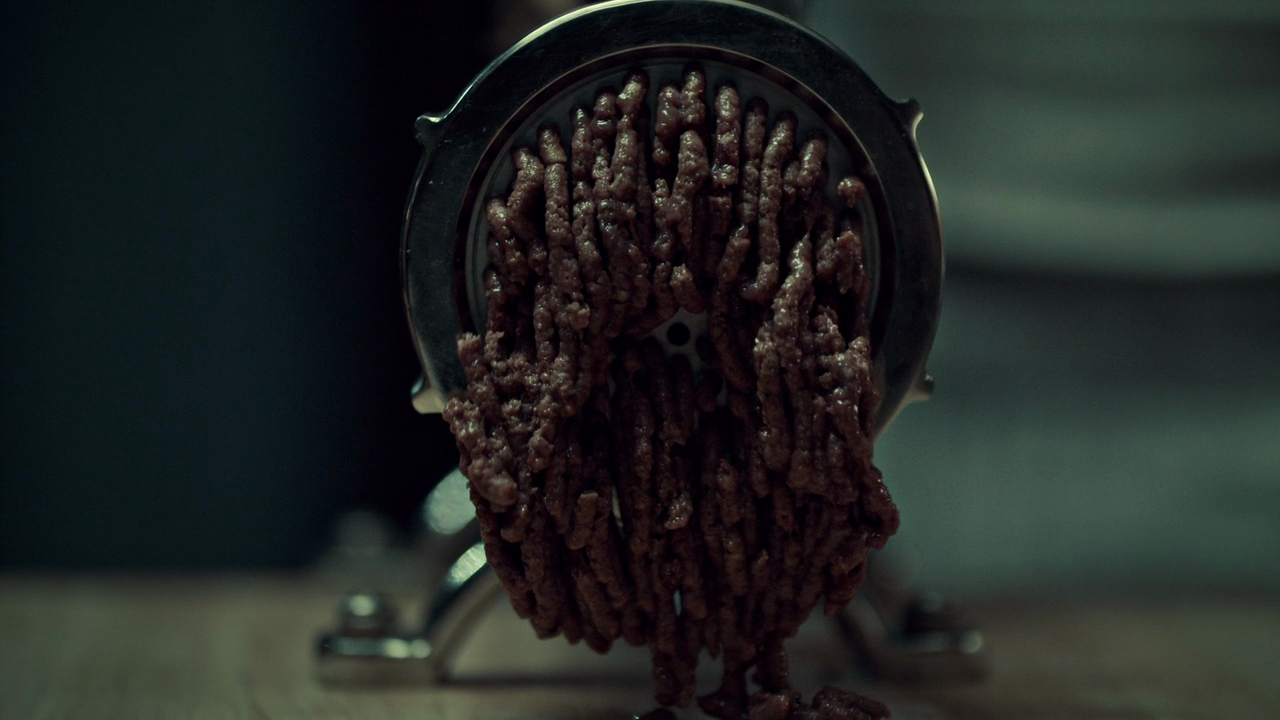 Sorry about the slow posting schedule of late – Jack’s on a brief holiday while he finishes up the Austrian School essay for Neoreaction a Basilisk, and I’m really bad at remembering to queue these on Game of Peaks night. Normal service should resume soon, and your patience is appreciated.
Sorry about the slow posting schedule of late – Jack’s on a brief holiday while he finishes up the Austrian School essay for Neoreaction a Basilisk, and I’m really bad at remembering to queue these on Game of Peaks night. Normal service should resume soon, and your patience is appreciated.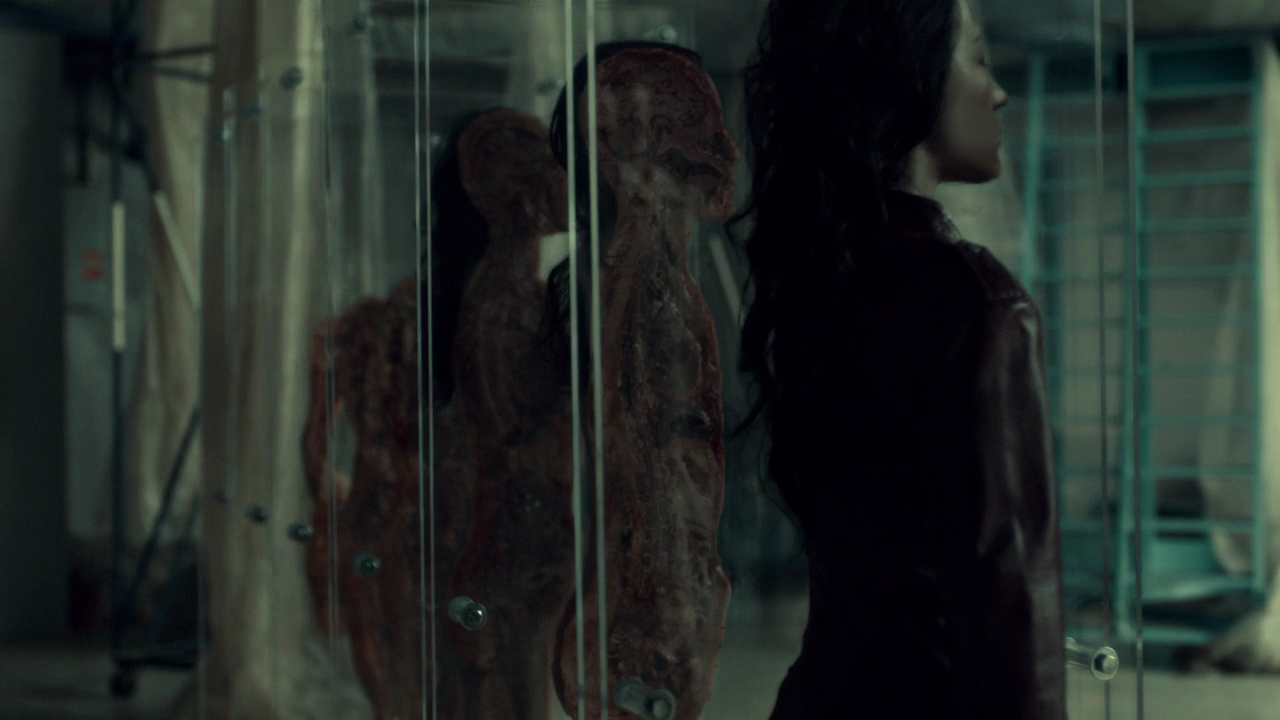
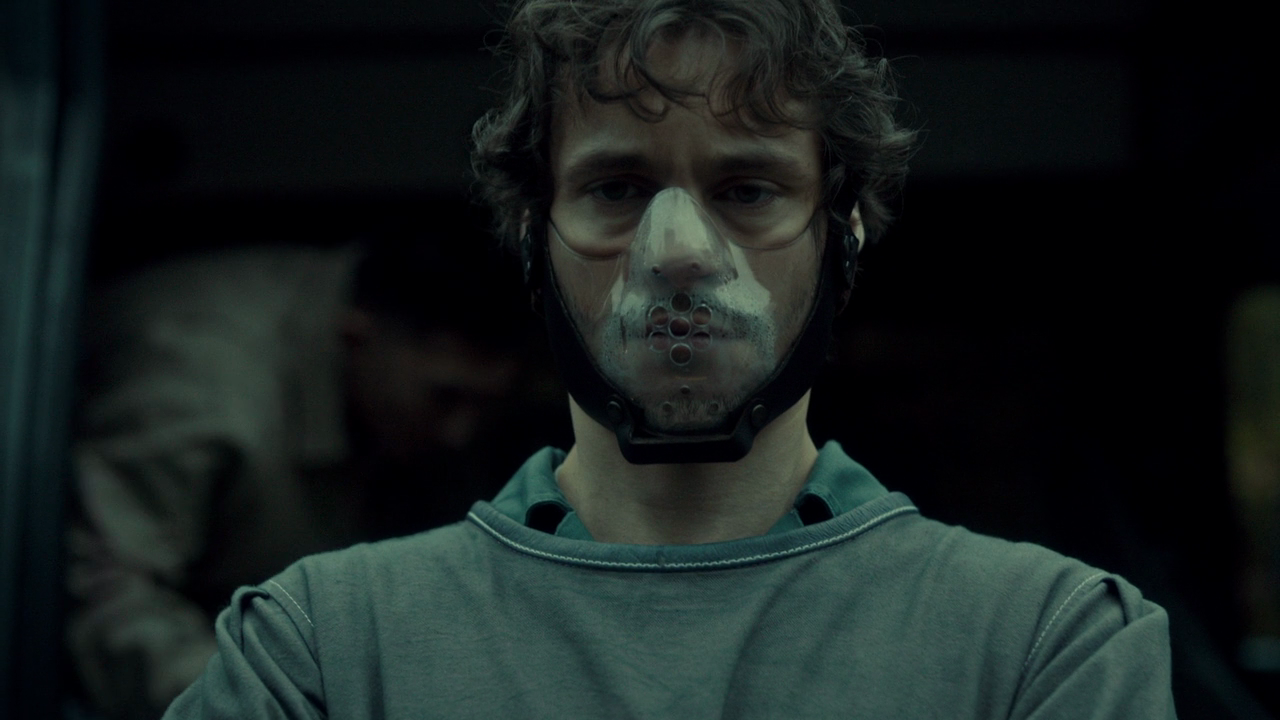
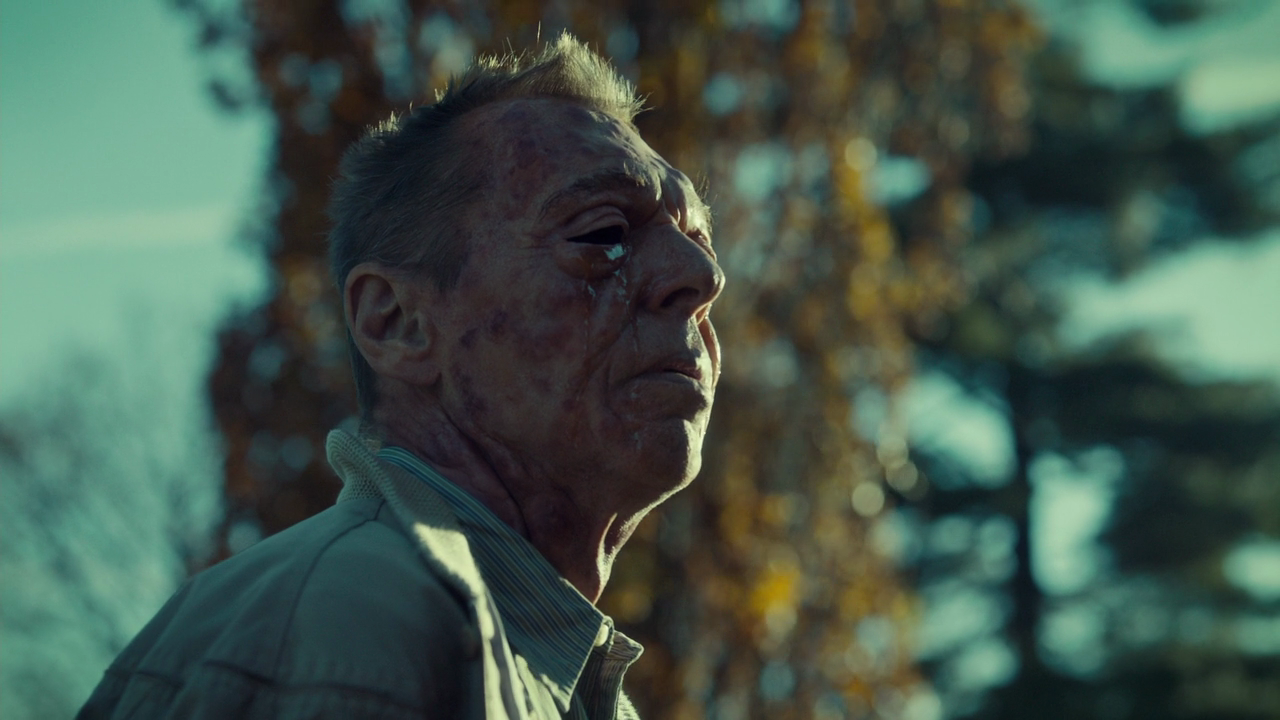 \TAKIAWASE: A mixture of vegetables and a protein in which the ingredients are cooked separately; on the whole a fair description of an episode in which the characters are unusually segregated.
\TAKIAWASE: A mixture of vegetables and a protein in which the ingredients are cooked separately; on the whole a fair description of an episode in which the characters are unusually segregated.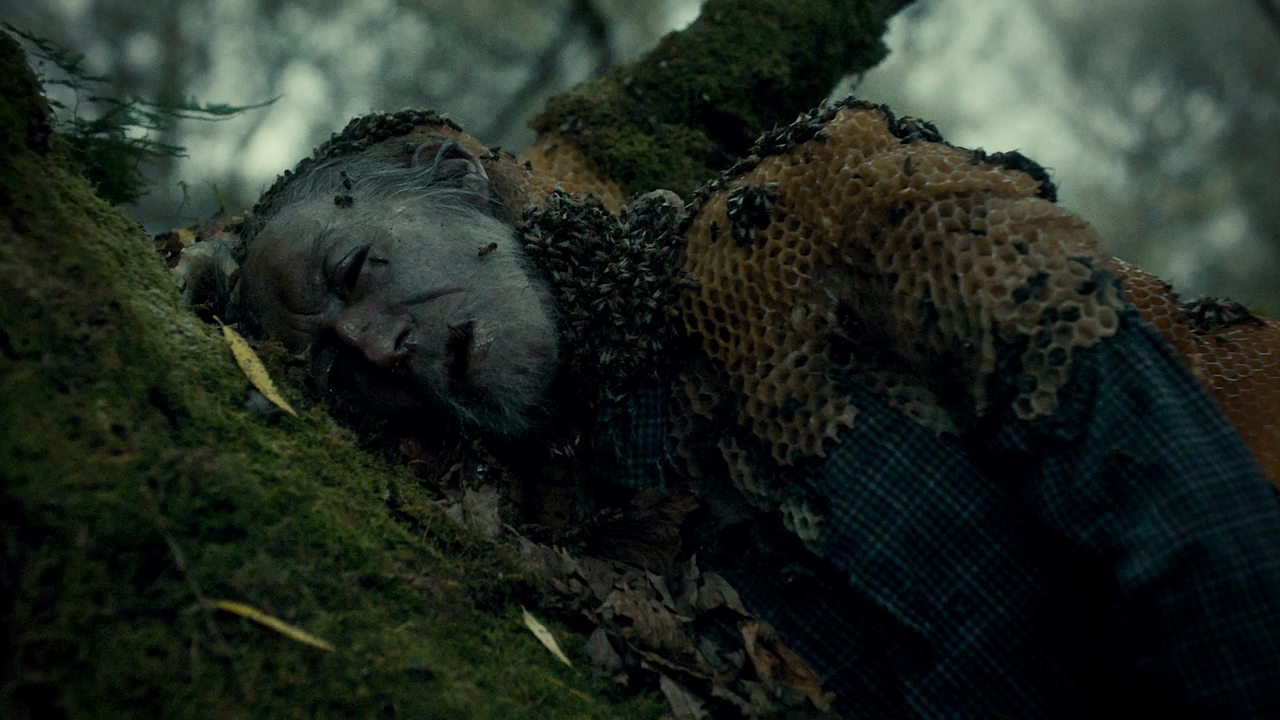
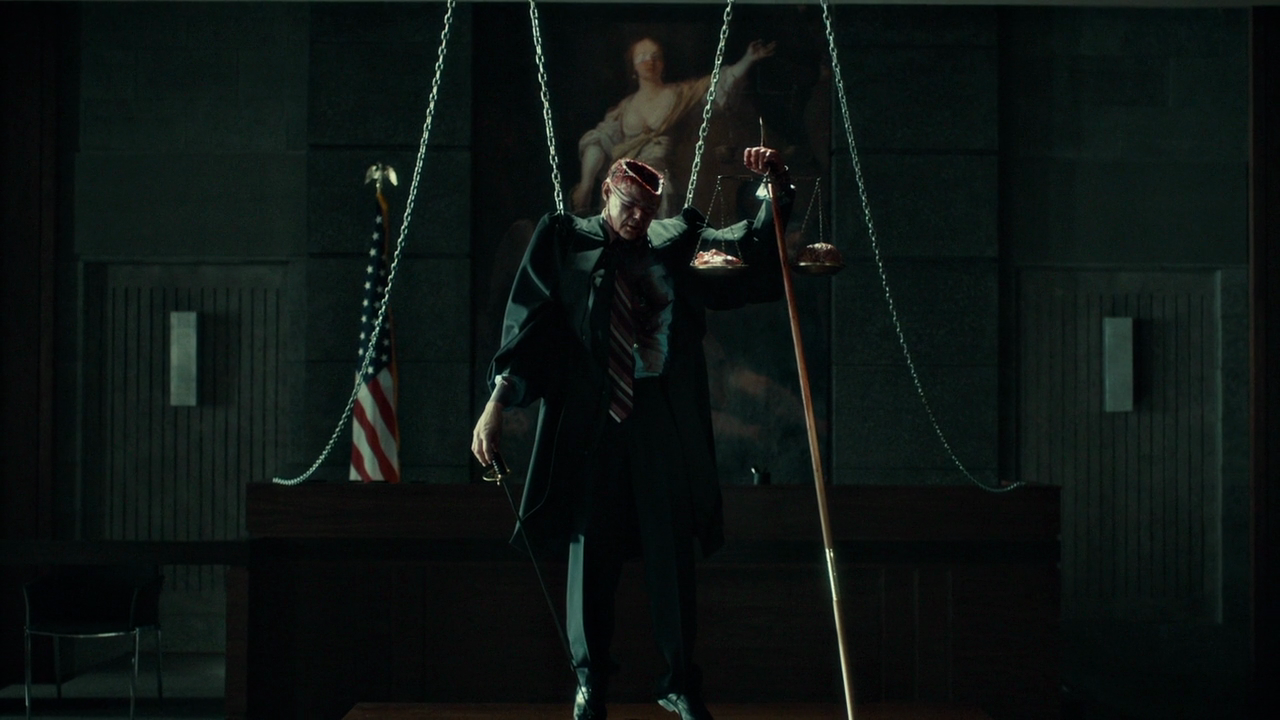 HASSUN: A sushi course with small side dishes that sets a seasonal theme. Janice Poon discusses it in terms of balancing opposites, which could be made related to the weighing of guilt and innocence involved in a trial with relatively little critical legerdemain.
HASSUN: A sushi course with small side dishes that sets a seasonal theme. Janice Poon discusses it in terms of balancing opposites, which could be made related to the weighing of guilt and innocence involved in a trial with relatively little critical legerdemain. 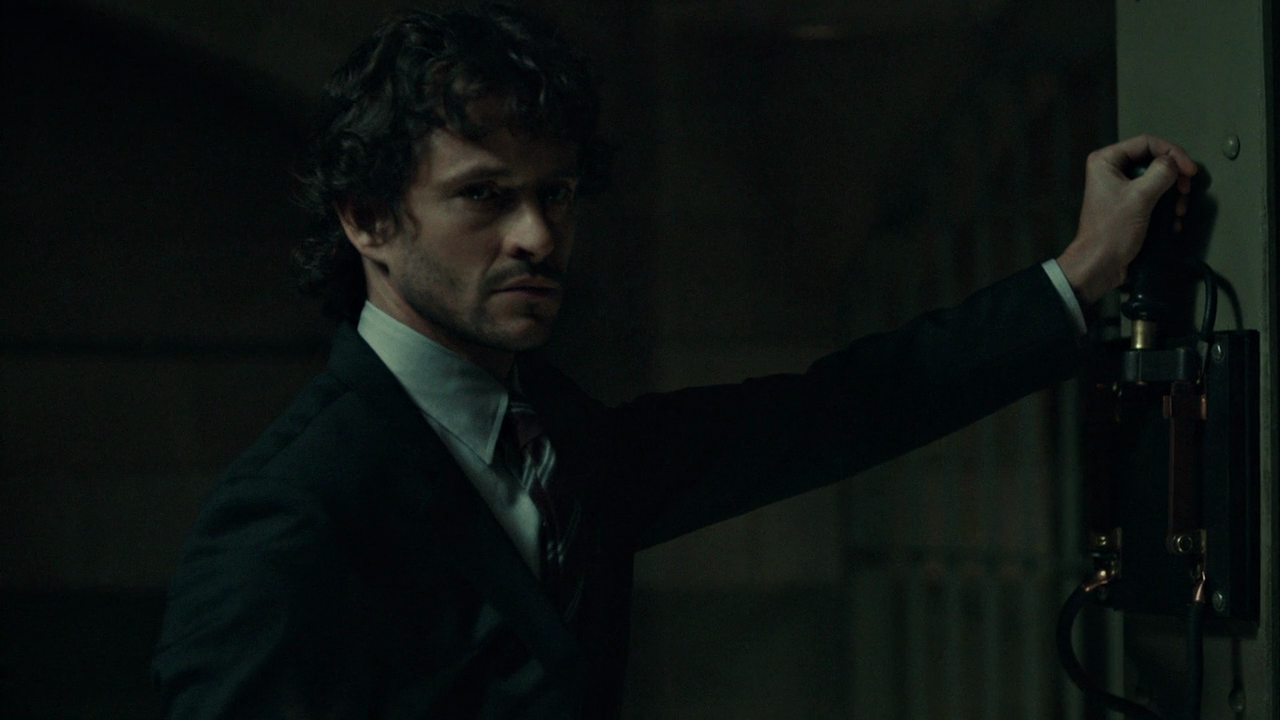
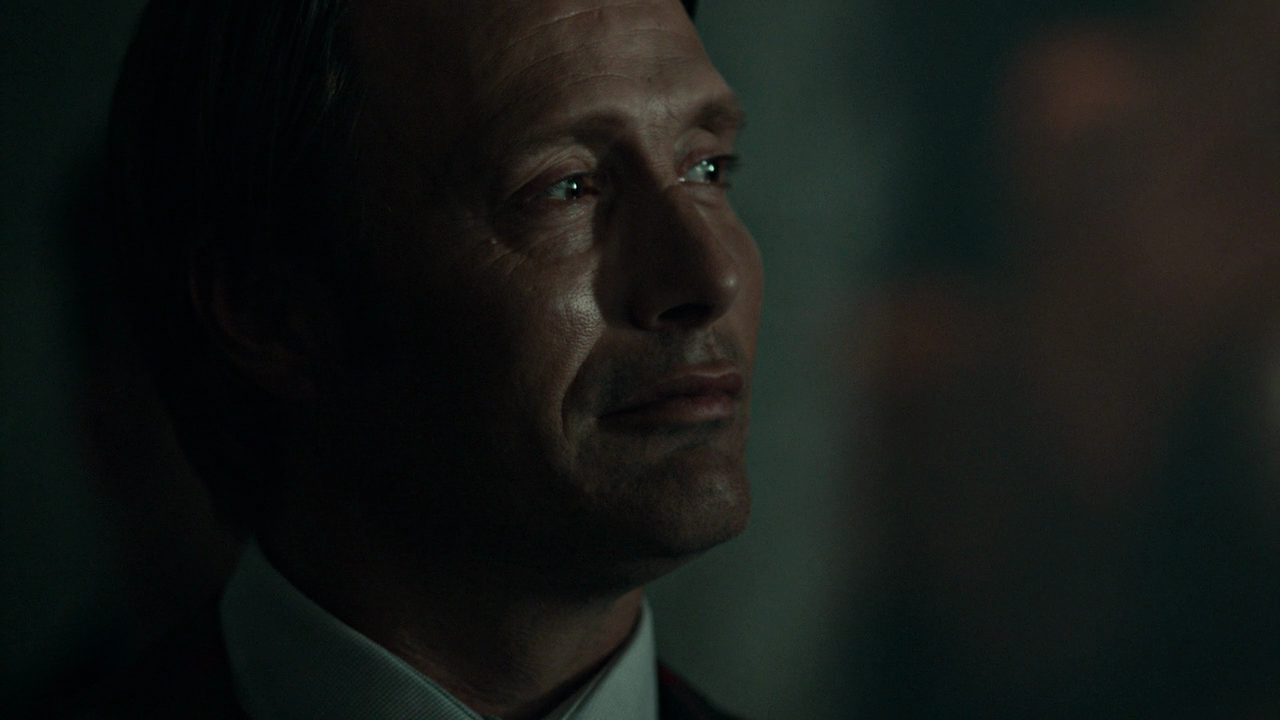
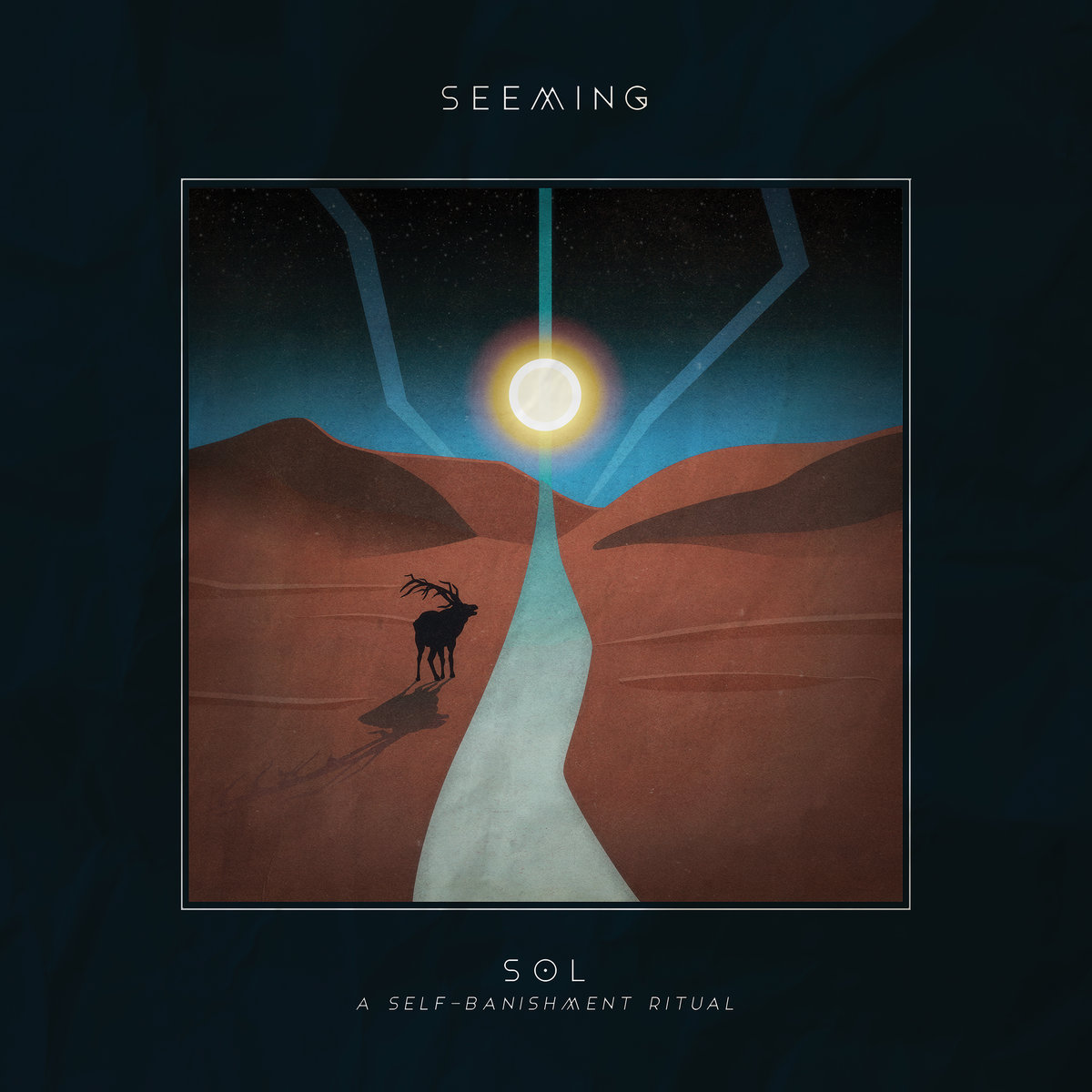 I cannot possibly review Seeming’s new album
I cannot possibly review Seeming’s new album 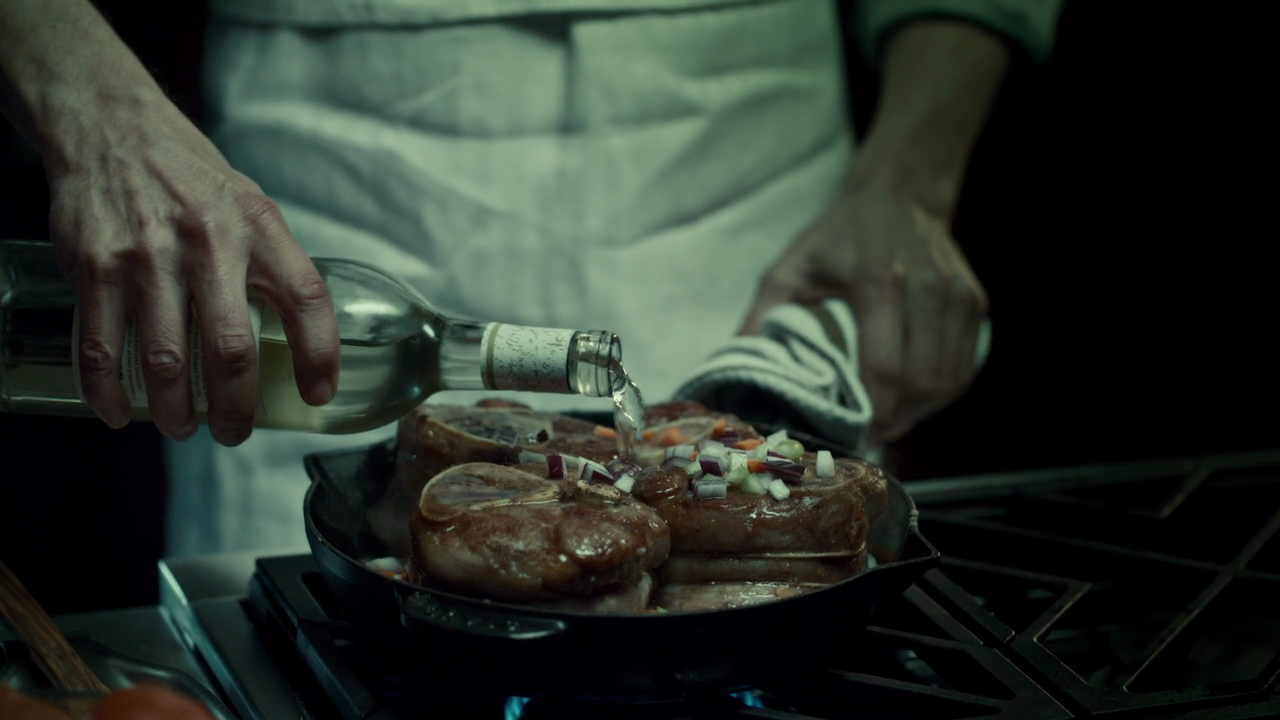 SAKIZUKE: Variantly spelled “sakizuki” and “saki-zuke,” the latter on Janice Poon’s blog, where she describes it as “a sampling of small appetizers whose ingredients, garnishes, and dishware sets the tone for the season and invites the gods to partake of the meal.” Wikipedia, meanwhile, directly compares it to an amuse-bouche, I.e. the second episode of the first season.
SAKIZUKE: Variantly spelled “sakizuki” and “saki-zuke,” the latter on Janice Poon’s blog, where she describes it as “a sampling of small appetizers whose ingredients, garnishes, and dishware sets the tone for the season and invites the gods to partake of the meal.” Wikipedia, meanwhile, directly compares it to an amuse-bouche, I.e. the second episode of the first season.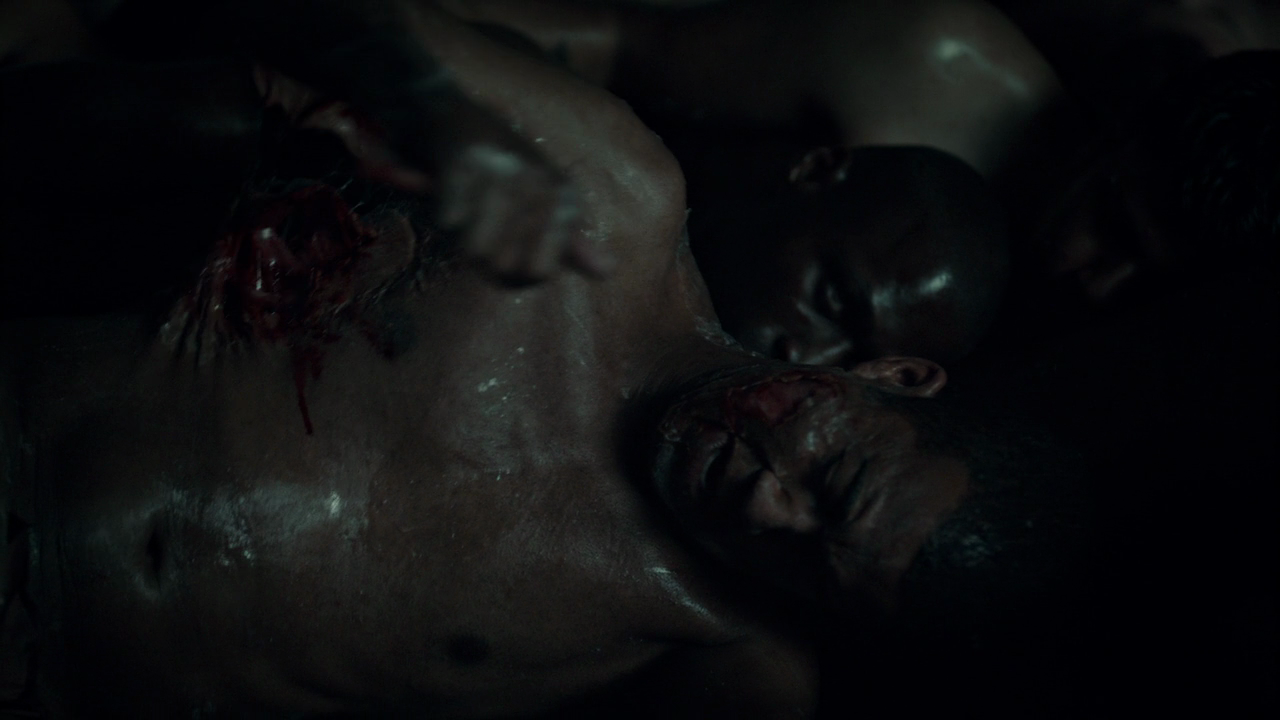
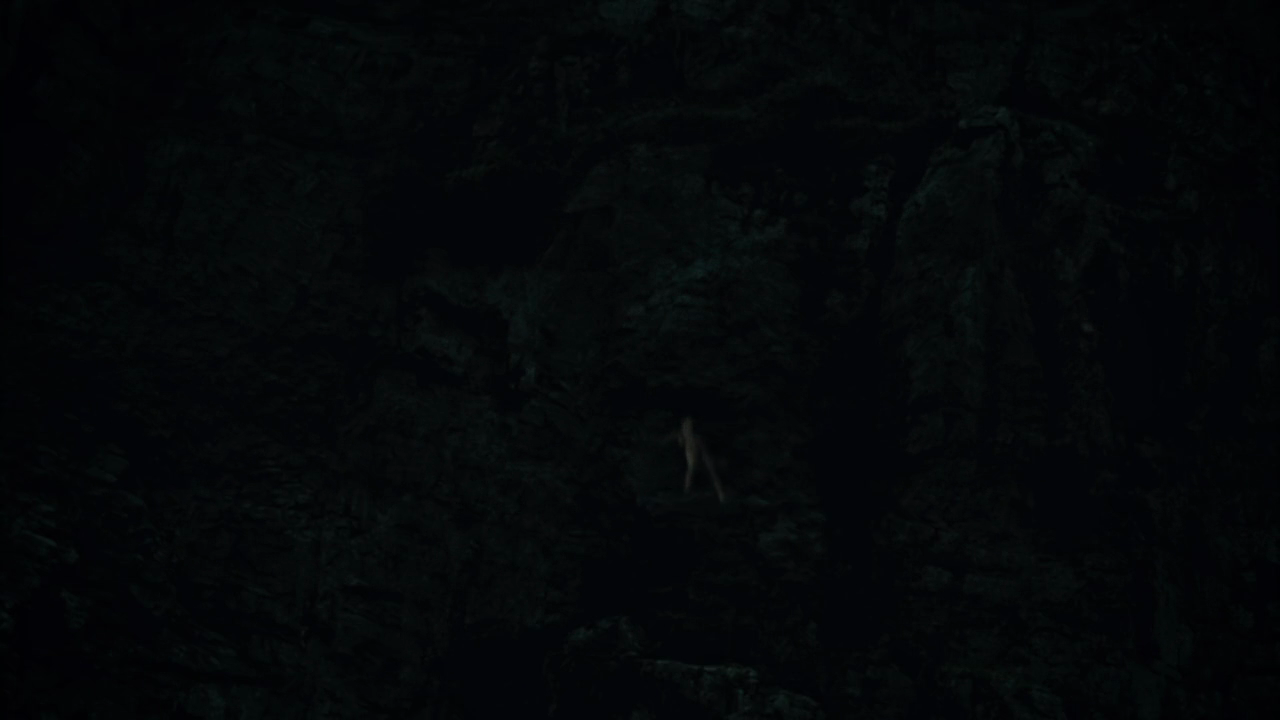
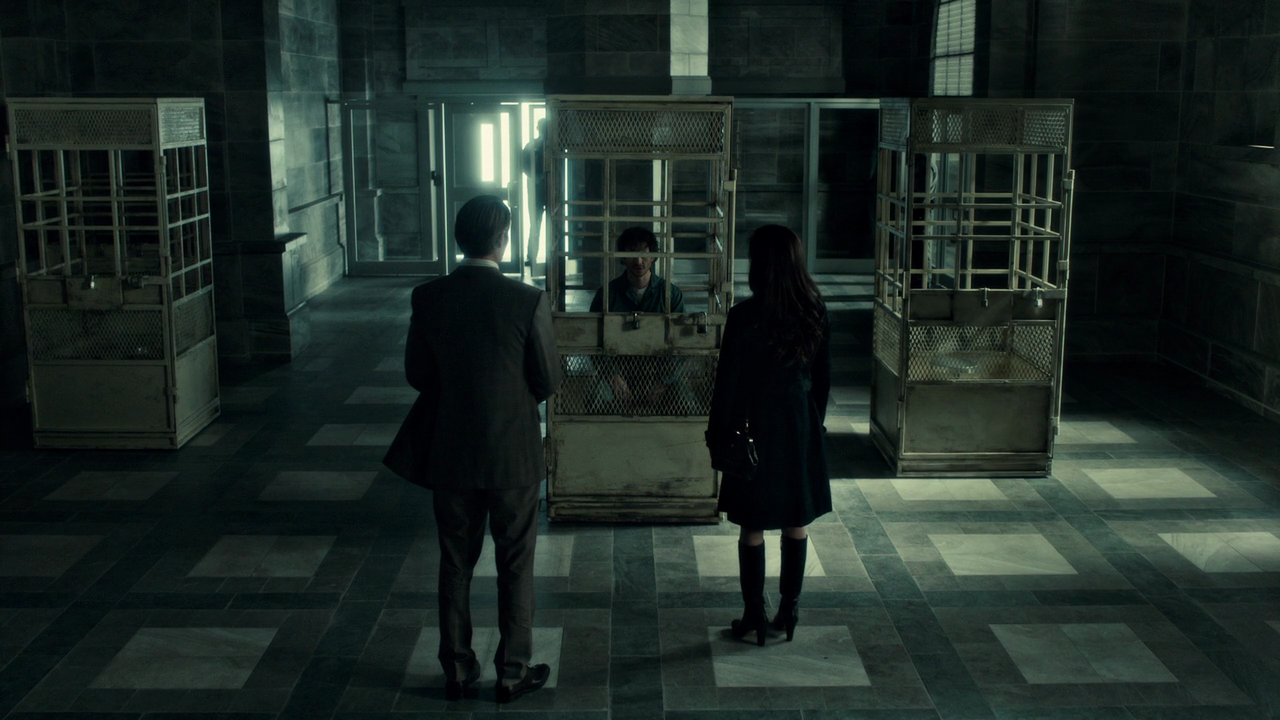
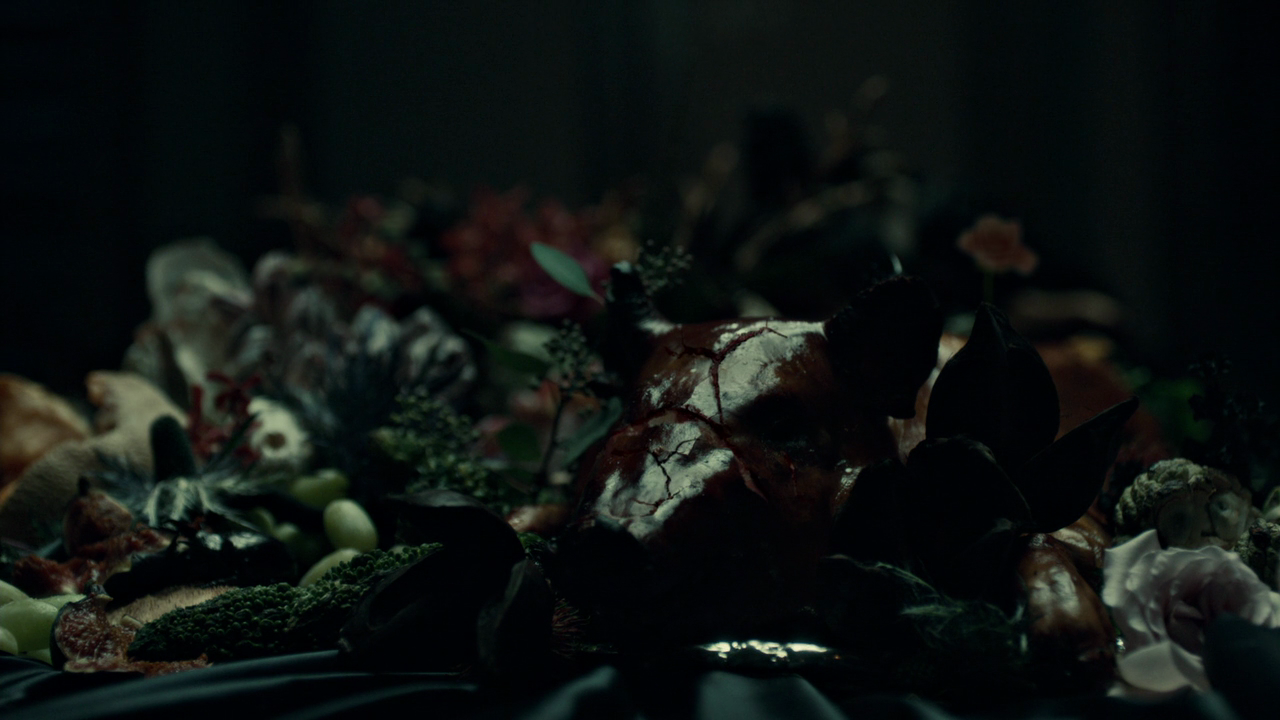 KAISEKI: An umbrella term for multi-course meals in the Japanese style – roughly equivalent to what renaming “Apéritif” to “Haute Cuisine” would imply. The gesture towards the whole season makes sense for an episode that opens with a flash forward to the finale. (I should disclaim that my knowledge of Japanese cooking is wildly less than my knowledge of French cooking, and that I’m going to be much more reliant on Wikipedia for these than I was for the first 13 parts.)
KAISEKI: An umbrella term for multi-course meals in the Japanese style – roughly equivalent to what renaming “Apéritif” to “Haute Cuisine” would imply. The gesture towards the whole season makes sense for an episode that opens with a flash forward to the finale. (I should disclaim that my knowledge of Japanese cooking is wildly less than my knowledge of French cooking, and that I’m going to be much more reliant on Wikipedia for these than I was for the first 13 parts.)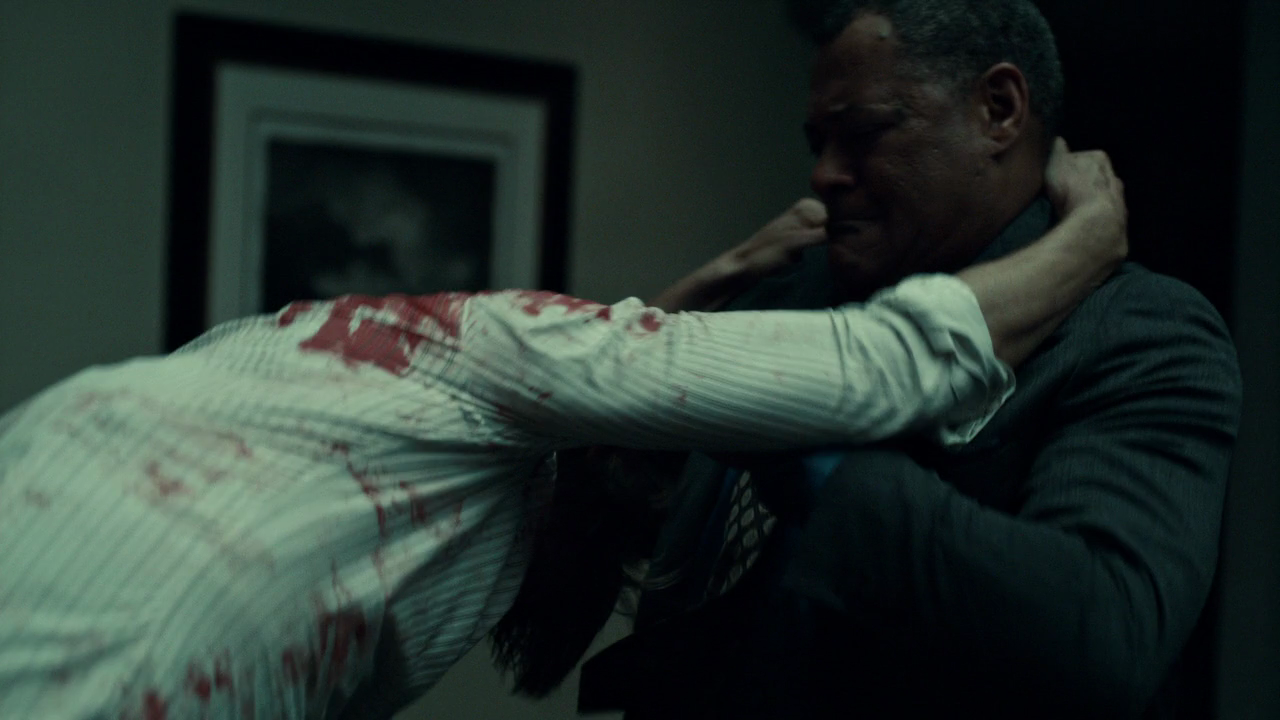
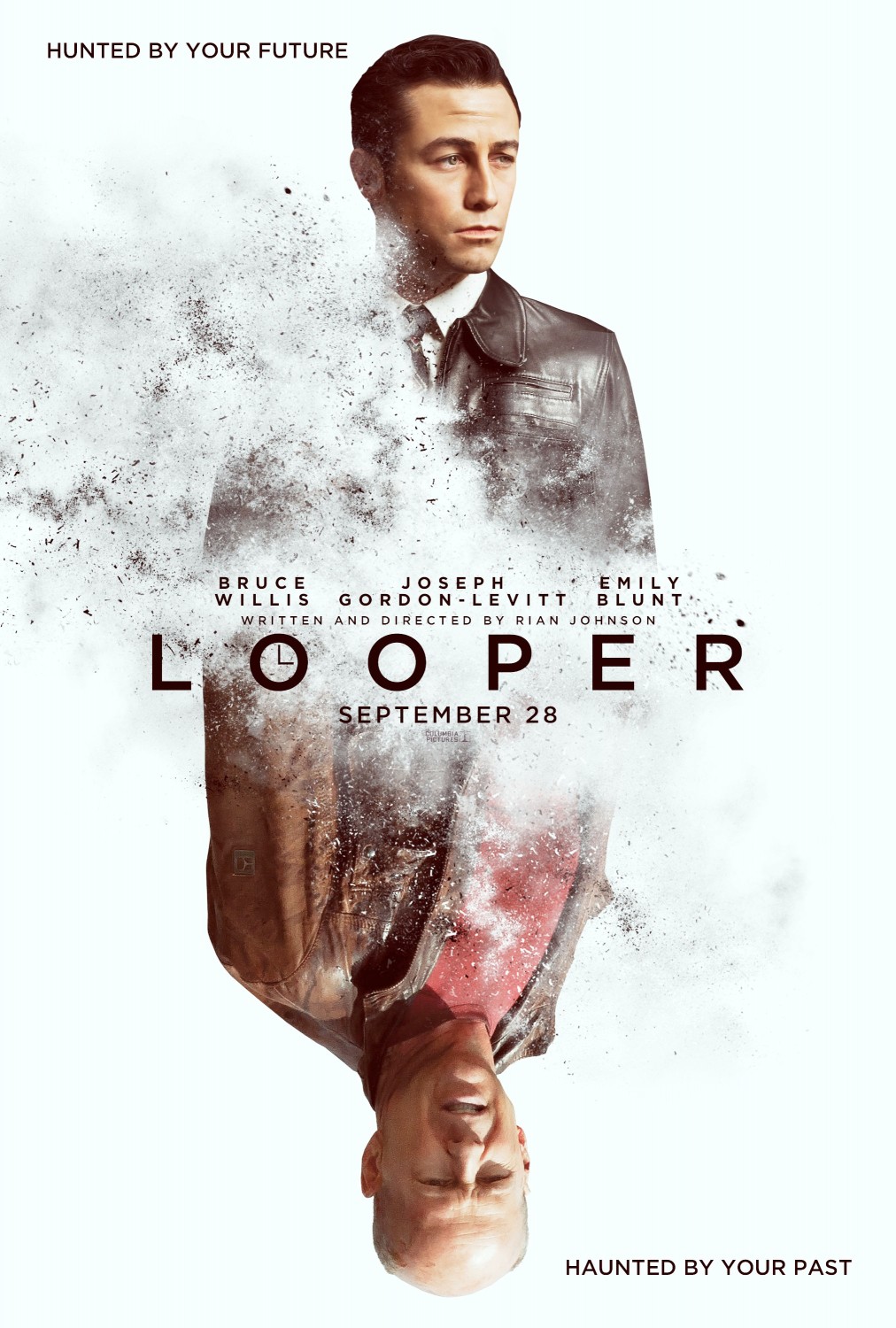 Looper
Looper